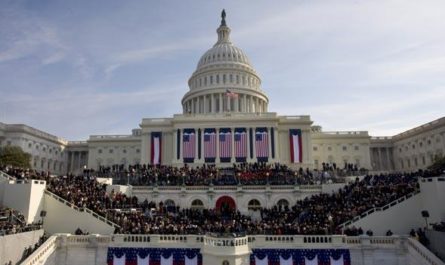 As the controversy over the National Security Administration’s collection of enormous amounts of information about US citizens continues to rage, a federal judge gave the NSA a stamp of approval last Friday; yet the issue has not been put to bed.
As the controversy over the National Security Administration’s collection of enormous amounts of information about US citizens continues to rage, a federal judge gave the NSA a stamp of approval last Friday; yet the issue has not been put to bed.
Judge William Pauley III decided against the American Civil Liberties Union, who had hoped to achieve an injunction against the Director of the NSA, James Clapper. The ACLU sought to end the bulk collection of every phone call within, to and from the United States, on the grounds that this practice is an unconstitutional invasion of privacy of US citizens. The judge disagreed, saying that the NSA is acting within the parameters of the Patriot Act’s Section 215. This legislation was enacted in response to the events of September 11, 2001.
The judge’s decision has not ended the discussion of the issue of the legality of the long reach of the NSA. Those groups and individuals who believe that the NSA is systematically going against the Constitution’s protection of privacy for individual US citizens have not given up the fight to reign-in many of the practices of the NSA.
The legislation which allows the NSA to collect information on citizens in such an overwhelmingly sweeping manner is scheduled to expire at the end of 2014. The supporters of the NSA and their power to collect such huge amounts of data so indiscriminately will need to persuade their fellow lawmakers, and their constituents that the program needs to be renewed—a prospect which will be made much more difficult in the aftermath the Edward Snowden revelations.
In response to the public’s questioning of the invasive practices of the NSA and protestations by the ACLU and other groups, President Obama will most likely be taking the advice of an outside review panel to curb some of the more arbitrary behaviors of the NSA. If Obama does revamp many of the practices of the NSA according to the panel’s recommendations, then a legal battle will be rendered mostly moot; at most reduced to a disagreement over past practices.
The bottom line is that it will most likely be the legal system, and not the courts, that will decide the future of the NSA surveillance programs.


